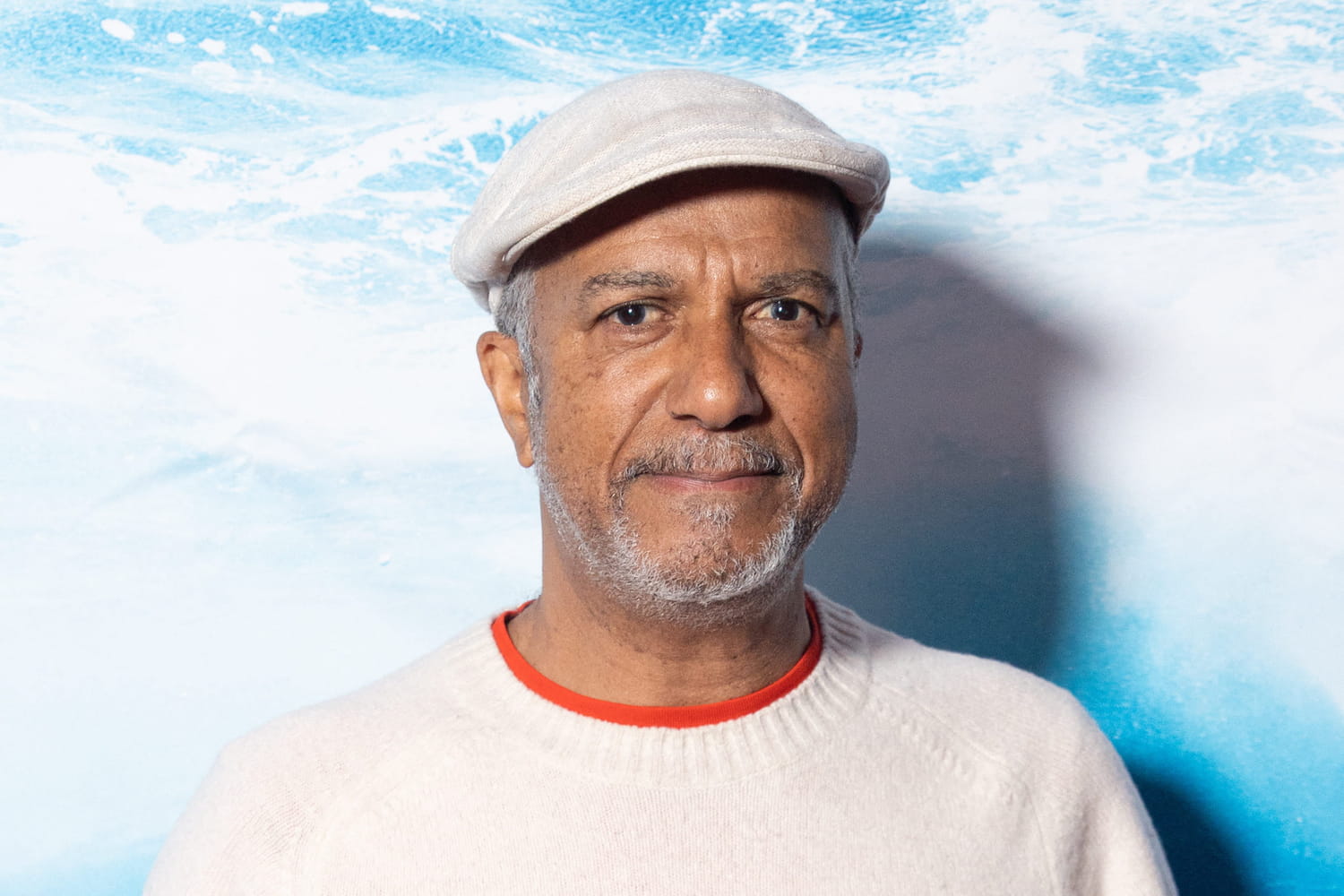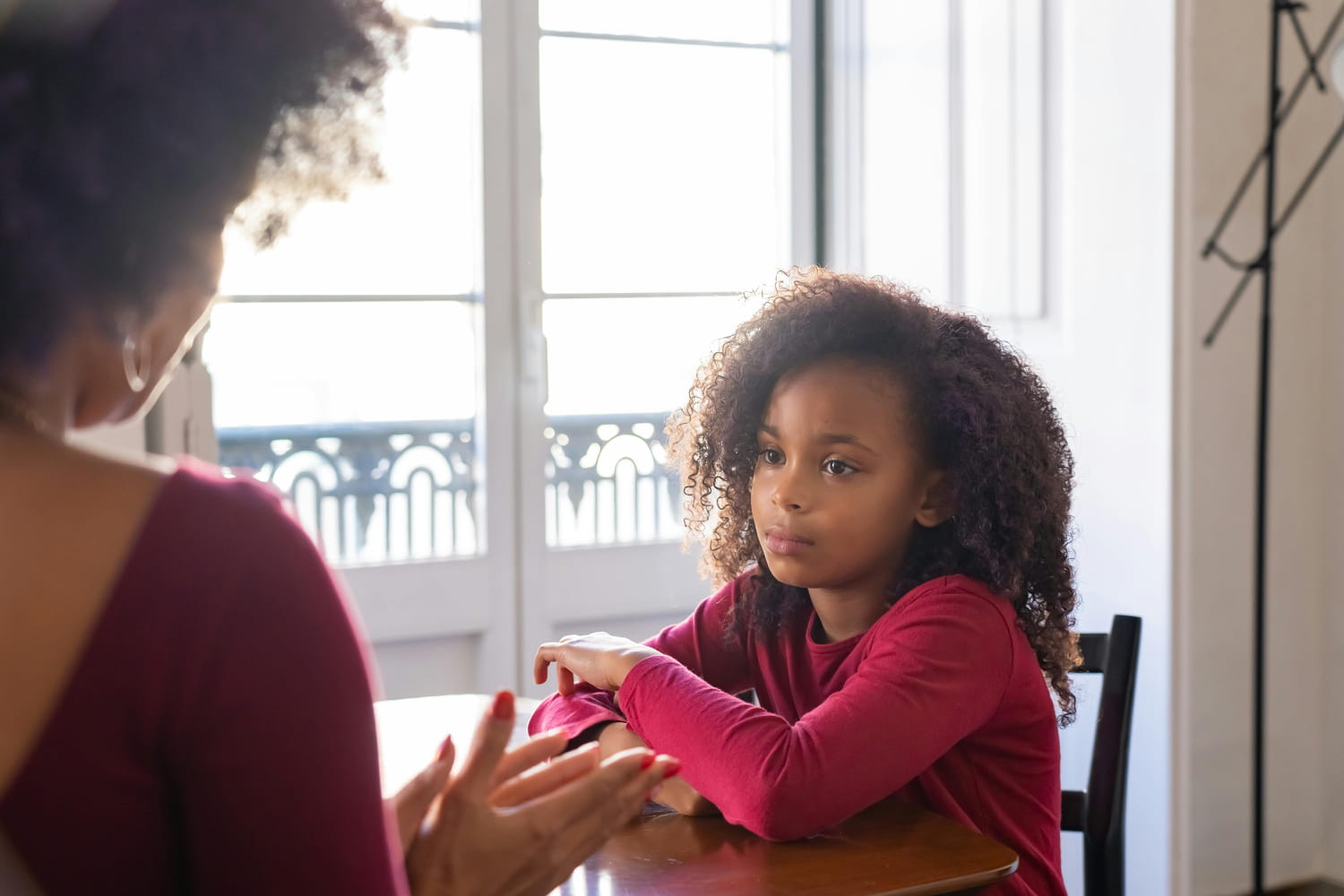The consequences can be irreversible, until they impact their adult life.
There are sentences that we pronounce without thinking about it. They seem to be rewarding, affectionate and full of tenderness, however, behind this a priori harmless reflex, the therapists alert: this reflex places children in a posture which is not theirs. And the consequences can be disastrous. The parents concerned do not seek to harm; On the contrary, they want to express the importance of their link with their child. But psychologists recall that love and complicity are not enough to define a healthy relationship. Carrie Howard, approved social worker, clearly explains it : “Children need their parents to be their parents. They need them to be safe and guided adults in their lives, not their peers. And when these limits become blurred, it becomes more difficult to be a good parent”. In other words, the danger is not complicity, but the erasure of the natural hierarchy between parent and child.
In the short term, this confusion may seem to strengthen proximity. The child feels valued, he thinks he is on an equal footing. But this illusion has a price: he finds himself responsible for responsibilities which should not fall to him. Therapists speak of “parenting”. The child becomes emotional support of his parent, sometimes even confidant, while his psychological development is not ready to assume this role. Kyndal Coote, approved social worker, alert: “Children are not sufficiently developed to be the main emotional support of their parents. They do not have the tools to do so, their brain is not even developed.”
In this context, instead of focusing on his personal growth, he learns to manage the sadness, anger or doubts of his parents. This silent weight leaves traces. In adolescence, it can result in difficulties in accepting parental authority, or conversely by an excessive need to watch over his father or mother. In adulthood, he became a source of hesitation, guilt in the face of life choices, or insecurity in romantic and friendly relationships. The practice that poses a problem? Consider your child as his best friend and tell him about this intention.
Note that this scenario is generally presented in the event of divorce. The child becomes the witness despite himself conflicts of adults, summoned to choose a camp. The therapists therefore insist on the need for parents to cultivate other supports. Instead of turning to their child to find comfort, they have to seek peer relationships. Advice to remember.








